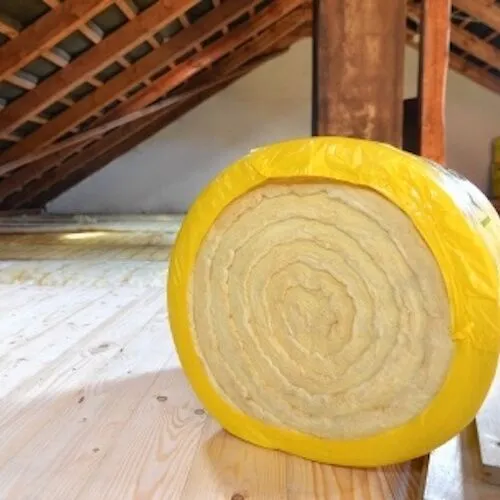
Unveiling the Power of Choice: The Impact of Optimal Insulation on Maintaining Thermal Energy
Introduction:
In the realm of sustainable and energy-efficient construction, the importance of insulation cannot be overstated. The choice of insulation material significantly influences a building’s ability to maintain thermal energy, impacting comfort, energy consumption, and overall environmental sustainability. In this blog, we will delve into the profound effects of choosing the right insulation on the preservation of thermal energy and explore why this decision is a crucial aspect of modern construction practices.
1. Improved Energy Efficiency:
Selecting the right insulation is paramount for enhancing a building’s energy efficiency. Insulation acts as a barrier against the transfer of heat, both in and out of a structure. Properly installed and effective insulation reduces the need for excessive heating or cooling, leading to lower energy consumption. This, in turn, translates into decreased utility bills and a more sustainable use of resources.
2. Consistent Indoor Temperature:
The right insulation contributes to maintaining a consistent indoor temperature throughout the year. By preventing heat loss during cold seasons and minimizing heat gain in warmer months, insulation creates a stable and comfortable environment for occupants. This consistent temperature not only improves comfort but also reduces the reliance on heating, ventilation, and air conditioning (HVAC) systems, promoting energy conservation.
3. Cost Savings:
Effective insulation directly correlates with cost savings in both the short and long term. While there may be initial expenses associated with installing high-quality insulation, the long-term financial benefits far outweigh the upfront costs. Reduced energy bills, minimizing wear and tear on HVAC systems, and lower maintenance expenses contribute to significant savings over the life of the building.
4. Environmental Impact:
The environmental impact of insulation choices cannot be ignored in the context of global sustainability goals. Optimal insulation materials that prioritize energy efficiency and are sourced responsibly contribute to a reduction in greenhouse gas emissions. As buildings account for a substantial portion of energy consumption worldwide, choosing insulation with a lower environmental footprint aligns with broader efforts to mitigate climate change.
5. Durability and Longevity:
The right insulation materials offer durability and longevity, ensuring that thermal performance is maintained over an extended period. Quality insulation resists deterioration, settling, or sagging, which can compromise its effectiveness. Investing in durable insulation materials translates to a sustained ability to regulate indoor temperatures, providing long-term benefits to both building owners and the environment.
6. Moisture Management:
In addition to thermal considerations, insulation plays a crucial role in managing moisture within a building. Moisture infiltration can degrade the effectiveness of insulation and lead to structural issues such as mold growth and material deterioration. Optimal insulation materials possess moisture-resistant properties, safeguarding the building envelope and maintaining thermal efficiency in the face of varying weather conditions.
7. Enhanced Comfort and Productivity:
A well-insulated building creates a more comfortable and conducive indoor environment. Maintaining a consistent temperature reduces the likelihood of drafts, cold spots, or overheating. This enhanced comfort extends to the occupants’ well-being, contributing to improved productivity and overall satisfaction within the living or working space.
8. Compliance with Building Codes and Standards:
Choosing the right insulation is integral to meeting and exceeding building codes and standards. Many regions now have strict energy efficiency regulations in place, mandating certain insulation R-values and performance criteria. By selecting insulation materials that align with or exceed these standards, builders ensure compliance, avoid potential legal issues, and contribute to the broader goal of sustainable construction practices.
Conclusion:
In conclusion, the impact of choosing the right insulation on maintaining thermal energy is profound and far-reaching. From improved energy efficiency and cost savings to environmental sustainability and enhanced comfort, the benefits of optimal insulation extend to various facets of modern construction. As the construction industry increasingly prioritizes energy-efficient and sustainable practices, the choice of insulation emerges as a crucial decision in creating buildings that not only stand the test of time but also contribute to a more sustainable and resilient future. The power of choice in insulation materials is not merely a technical consideration; it is a strategic move towards a greener and more efficient built environment that serves the needs of both present and future generations.


